Associate Professor Dr. Nguyen Thi Minh Thai pointed out that the relationship between the stage and the audience is the “horizontal axis” of the entire artistic life. In recent years, there have been more and more empty seats and fewer theaters. Changes in audience tastes, competition from movies, television, digital platforms, etc. are only part of the reasons. The core is still the slow innovation of the stage itself, from scripts, directors to performance organization.
Director Le Quy Duong compares the life of the theater to a “three-legged stool”: theater - artists - audience. When one leg is weak, the whole system will fall apart. He believes that it is time to apply a modern theater model, with a professional operating mechanism, selecting directors and actors according to projects, operating autonomously, transparently, and competing healthily. This approach not only creates a fair creative environment, but also helps talented artists have the opportunity to live by their real abilities, without being tied down by rigid payrolls.
In fact, there have been bright spots: Thang Long Puppetry Theatre performs 365 days a year, with a revenue of over 40 billion VND, proving that when professionally organized, the stage can completely survive sustainably. Traditional forms such as Cheo, Tuong, Cai Luong or Water Puppetry, if renewed and promoted in the right direction, still have a strong attraction for both domestic audiences and international tourists.
Vietnamese theater is facing the challenge of either remaining outdated and gradually being forgotten, or boldly innovating to return to contemporary life. To do so, it is necessary to simultaneously preserve the national soul and open the door to the future, combining tradition with technology, taking theater out of the theater, connecting it with tourism , public spaces, schools and digital platforms.
According to People's Artist Le Tien Tho, to retain audiences, the stage must be attractive from the quality of the script to the special method of performance and promotion, it is necessary to invest synchronously in facilities, staging technology, communication and especially in training young playwrights and directors. Only then can the stage escape the role of "museum" to return to being a forum, a place where artists can make a living from their talent, and the lights will truly be lit for the public.
Source: https://www.sggp.org.vn/giu-khan-gia-de-nghe-si-song-duoc-voi-nghe-post820119.html



![[Photo] National Assembly Chairman Tran Thanh Man receives Chairman of the House of Representatives of Uzbekistan Nuriddin Ismoilov](https://vphoto.vietnam.vn/thumb/1200x675/vietnam/resource/IMAGE/2025/10/27/1761542647910_bnd-2610-jpg.webp)



![[Photo] Party Committees of Central Party agencies summarize the implementation of Resolution No. 18-NQ/TW and the direction of the Party Congress](https://vphoto.vietnam.vn/thumb/1200x675/vietnam/resource/IMAGE/2025/10/27/1761545645968_ndo_br_1-jpg.webp)




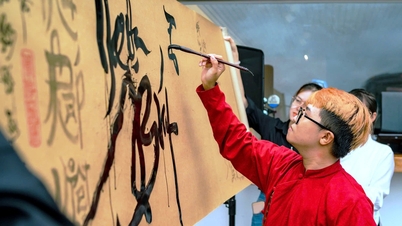









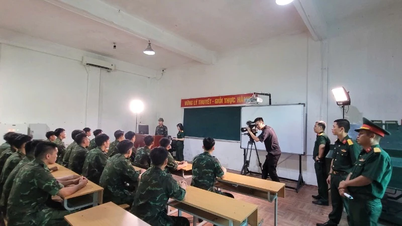



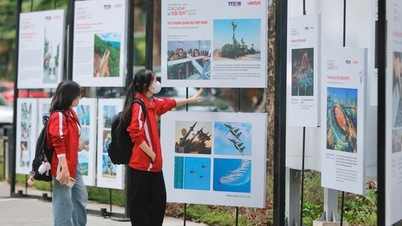
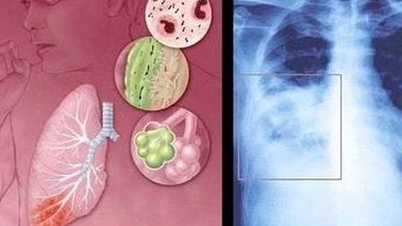
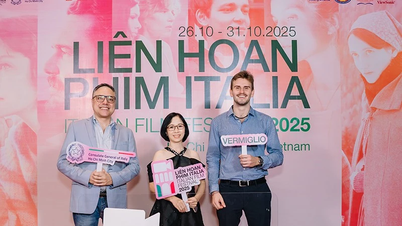






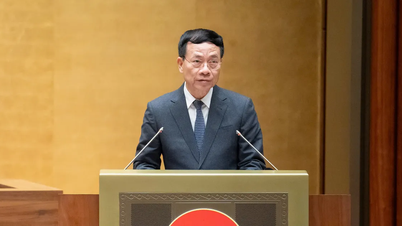
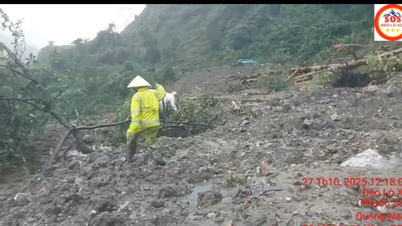
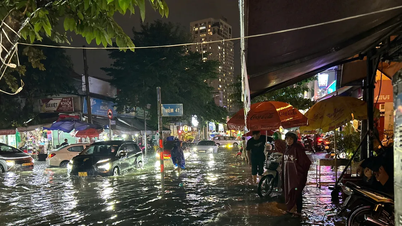





















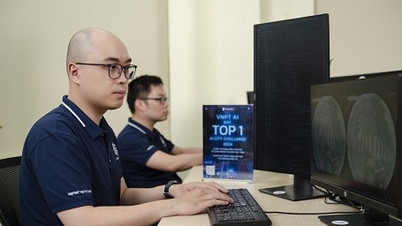















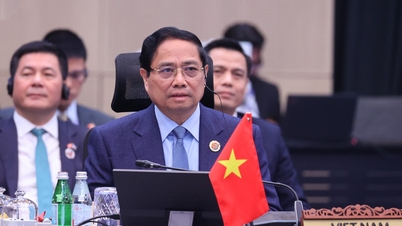






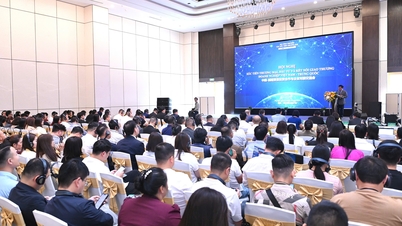

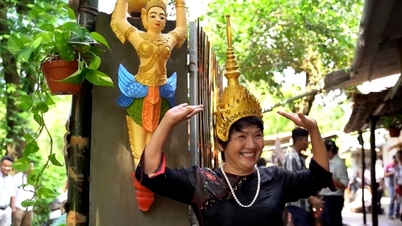



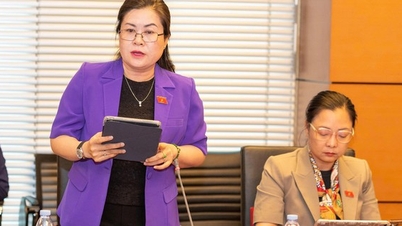


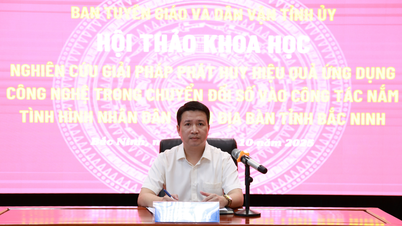

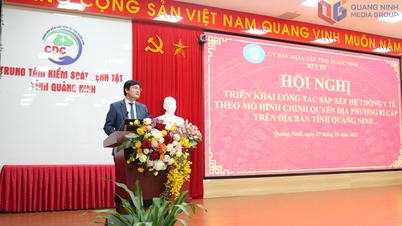
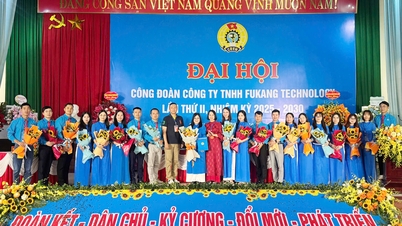















Comment (0)